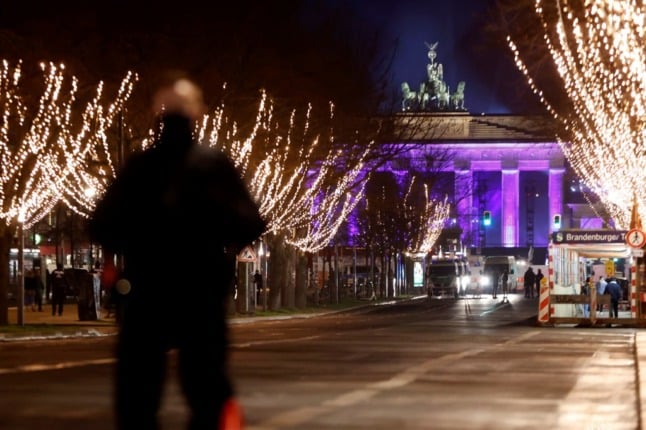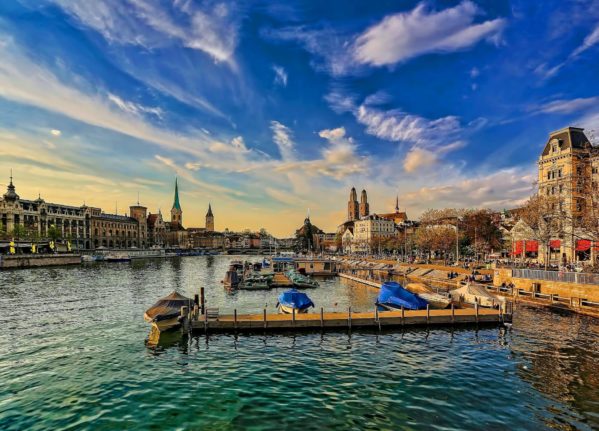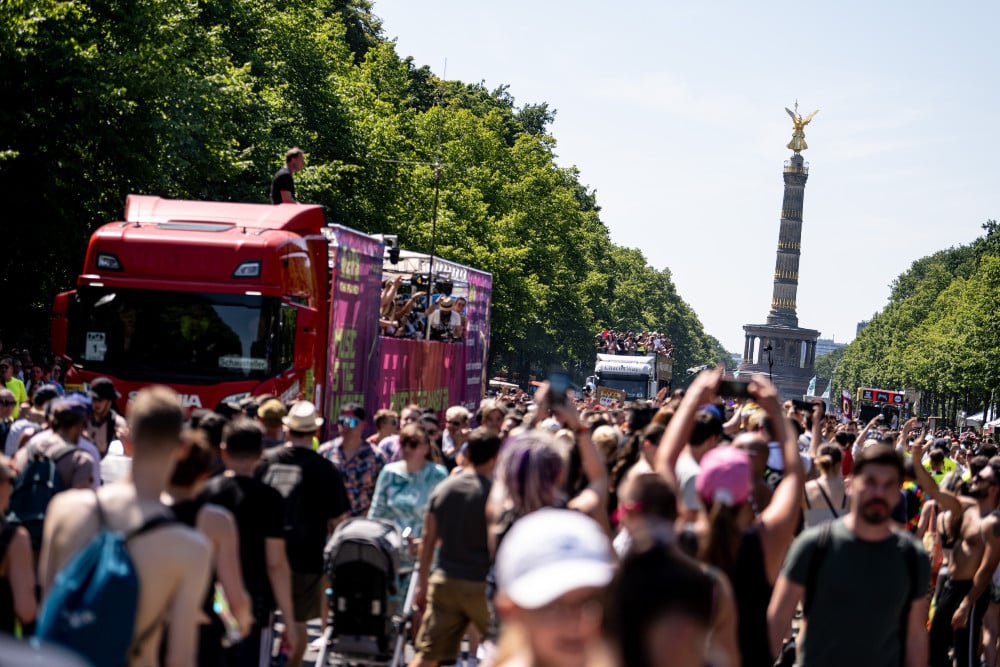A nationwide ban on private fireworks – coupled with a ban on the sale of fire crackers – has been necessary for a long time, GdP state chairman Stephan Weh told DPA.
Because a change in the law is not expected before Silvester in the whole of Germany, a local ban on fireworks within the entire S-Bahn ring is conceivable and “halfway realisable” at least in Berlin, said Weh.
Buying and setting off firecrackers is a popular practice on New Year’s Eve in Germany, with bigger cities such as Berlin hit particularly hard with explosions everywhere from parks to the middle of the pavement.
They come at a cost. Every year, about 8,000 people in Germany suffer an injury to the inner ear from exploding fireworks, according to the German Medical Association. Children, teenagers and young adults between the ages of six and 25 are particularly affected by blast trauma.
In addition, emergency clinics treat several patients for eye injuries and burns, it said.
Central fireworks displays?
Instead of “private fireworks”, the districts should organise central professional fireworks displays, said Weh. “There would be more clarity on the streets, so that violent criminals could be more specifically selected from the masses.”
Furthermore, regulations on the storage and sale of fireworks would have to be tightened. He also called for a ban on glass bottles, which are often smashed on the streets as part of the festivities.
“It is the beginning of October and we are not one step further. Berlin’s police and fire brigade have been preparing for the coming New Year’s Eve for months, but the answer cannot be that we simply call more colleagues into service,” Weh said.
Politicians and police leaders risked “visibly injuring tens of people”.
The conservative, smaller German Police Union (DPolG) also recently demanded that police officers be better protected against violent attacks.
On New Year’s Eve, the emergency forces on the streets would need fire bonnets, fireproof uniforms and hearing protection as well as better fire extinguishers for all patrol cars. Berlin state chair Bodo Pfalzgraf said the propensity for violence was high.
“Dangerous means such as pyrotechnics are used specifically against people and the resulting injuries, which are sometimes considerable, are sometimes even intentional.”
READ ALSO: Germany’s NYE celebrations marred by death, injuries and attacks
Last New Year’s Eve, young men notoriously went on a rampage with firecrackers and rockets in several central Berlin districts, such as Neukölln, Schöneberg and Gesundbrunnen. They also threw and shot firecrackers at police officers and firefighters, resulting in hundreds of injuries.
Similar scenes took place in other major German cities. Many firefighters reported that these attacks on New Year’s Eve had become “normal” in many cities for years.
READ ALSO: How New Year’s Eve fireworks chaos sparked a racism debate in Germany





 Please whitelist us to continue reading.
Please whitelist us to continue reading.
Member comments